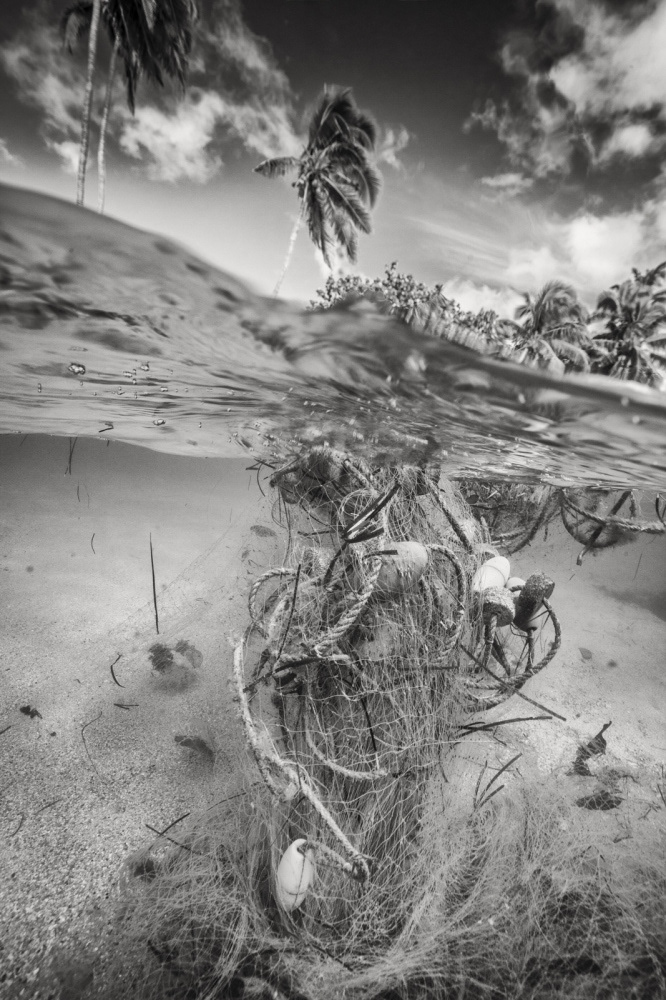
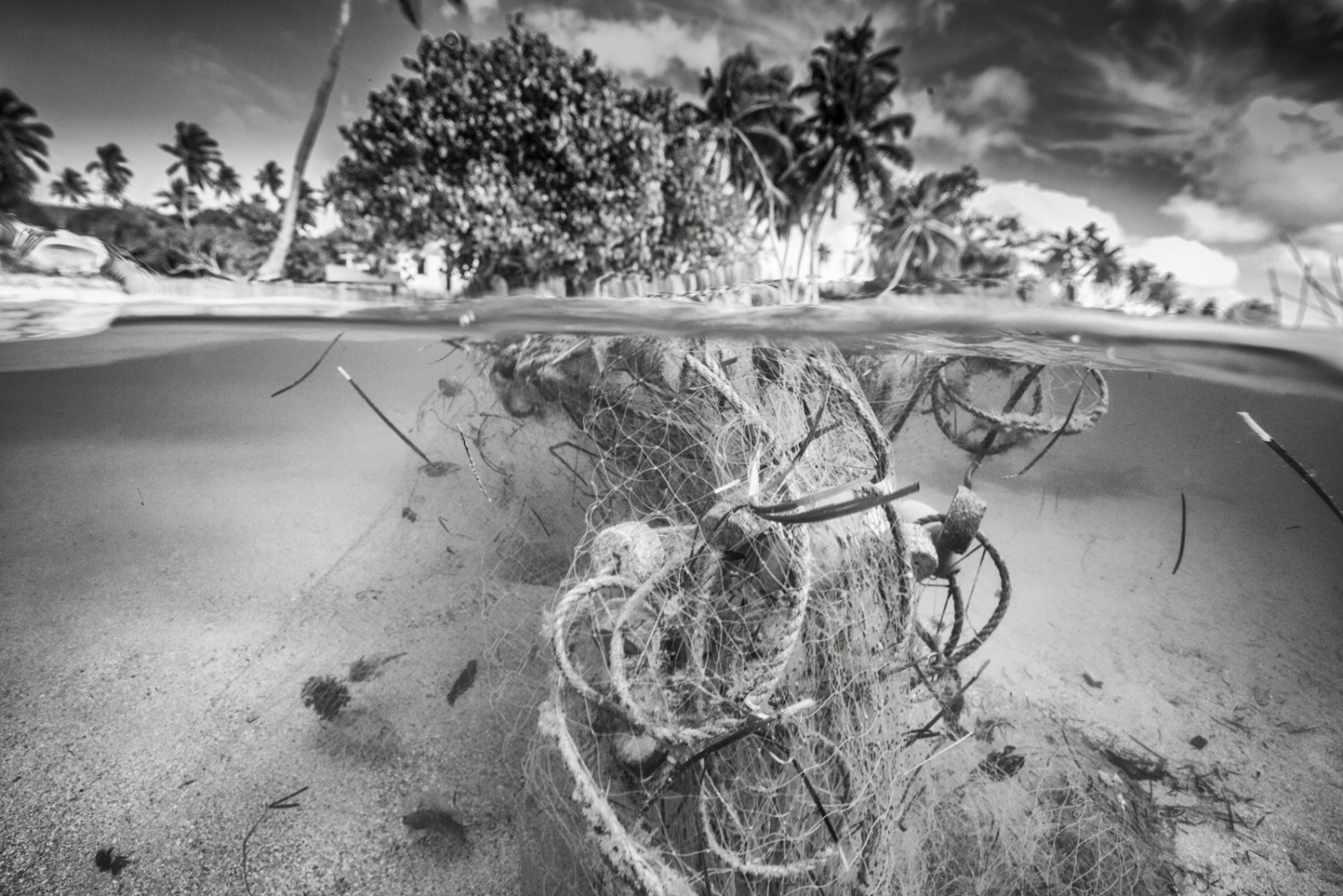
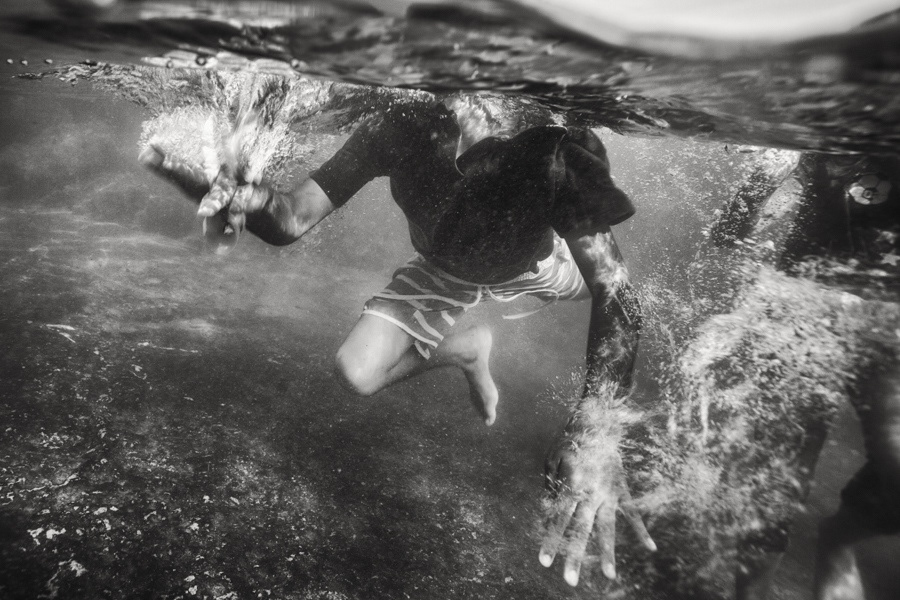
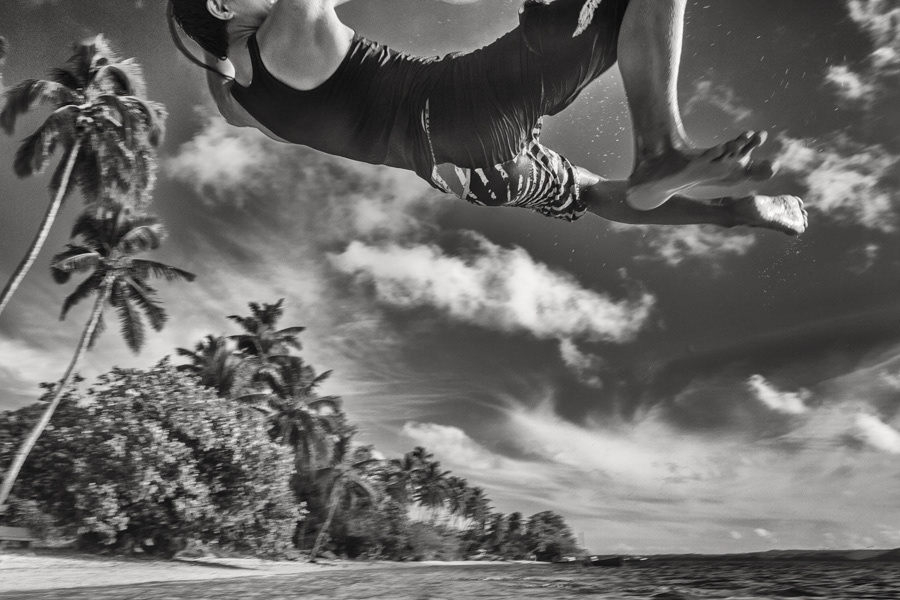
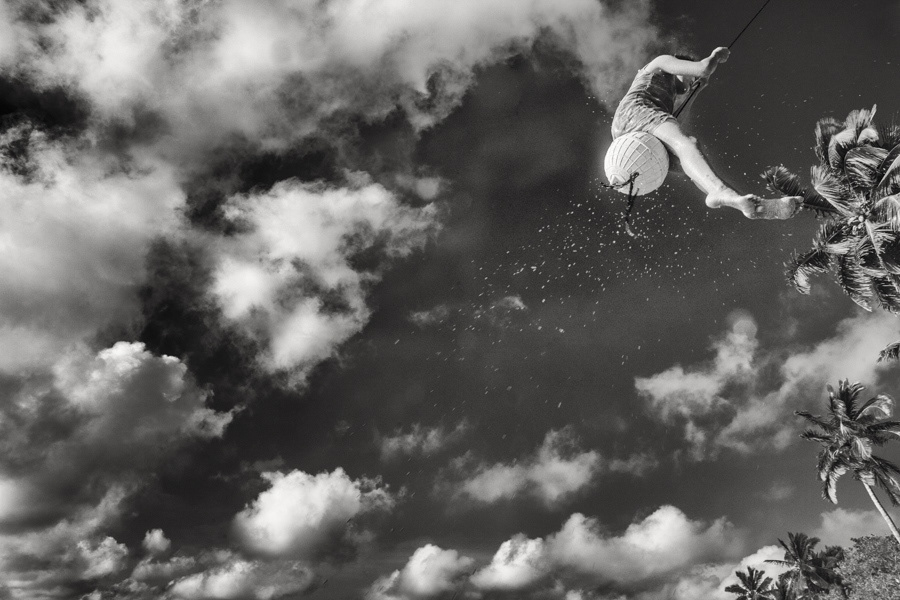
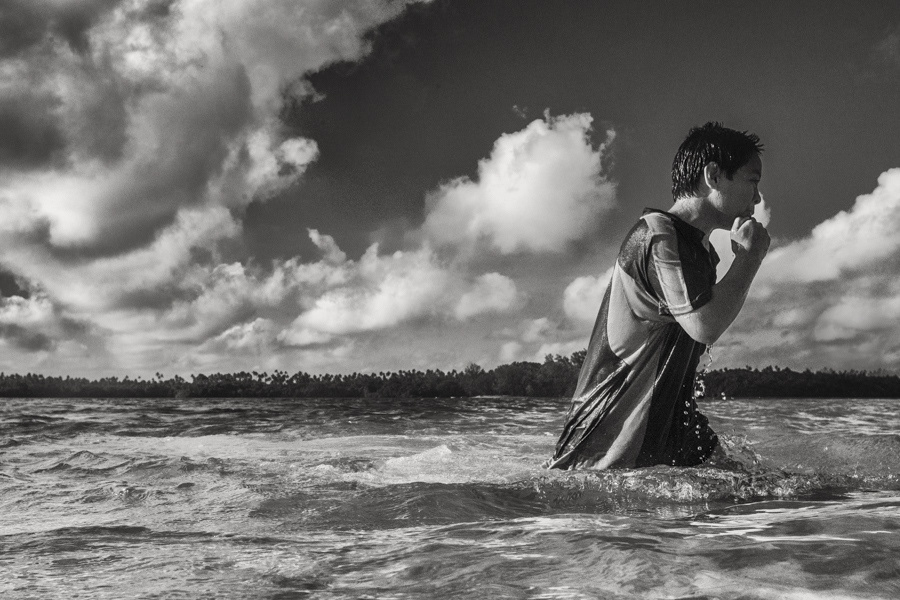
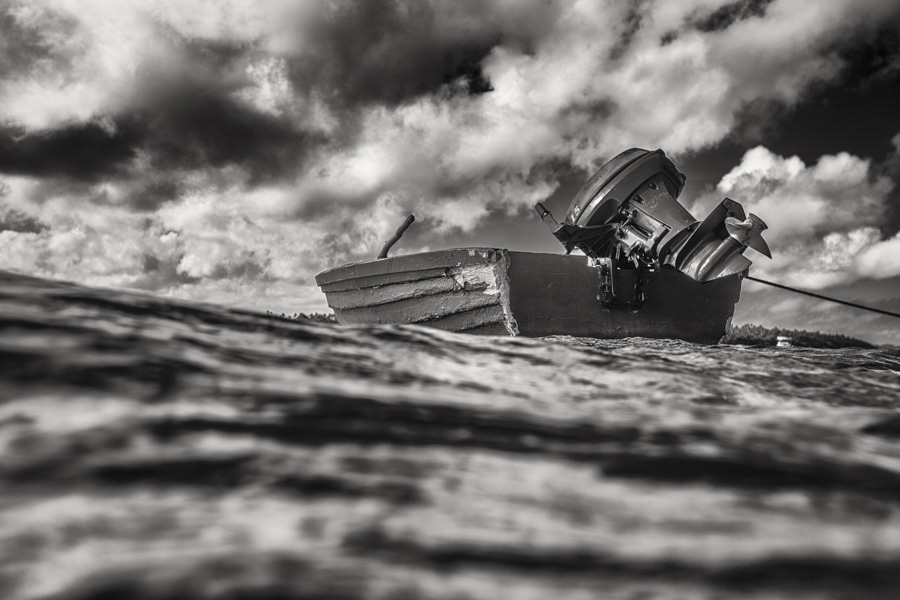
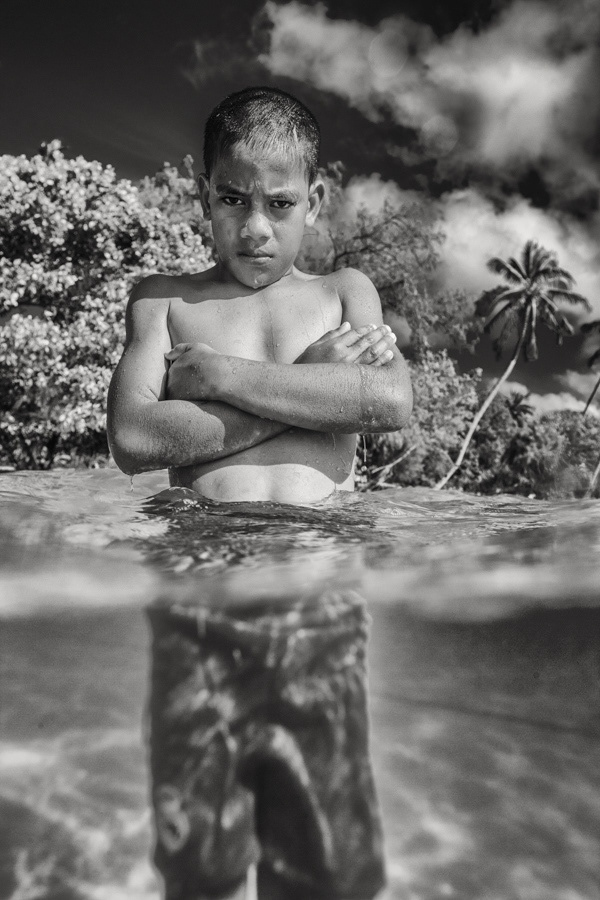
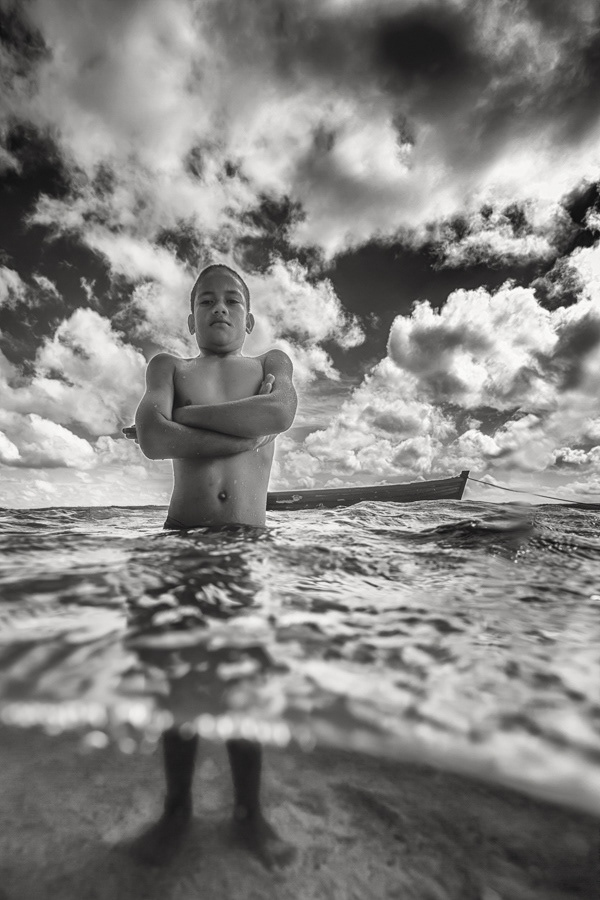
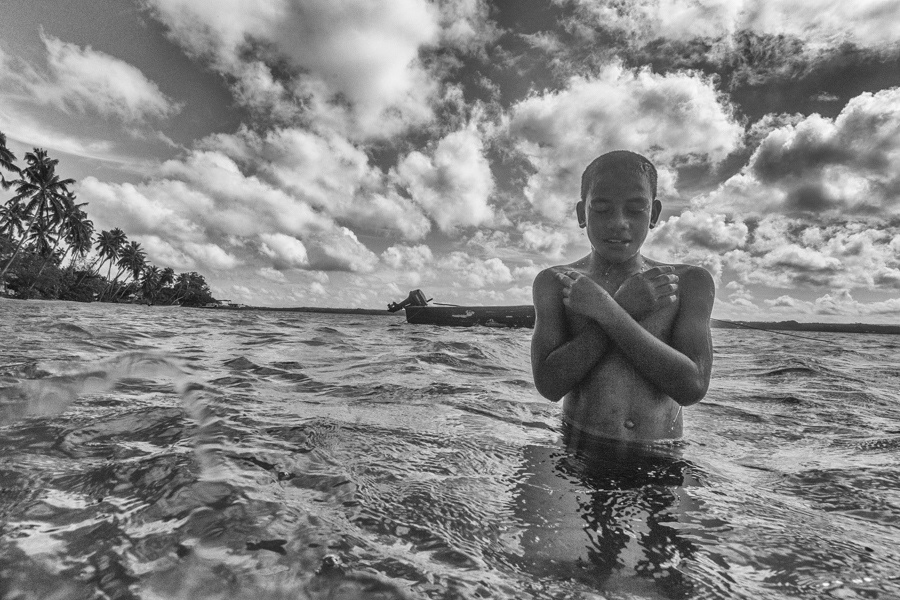
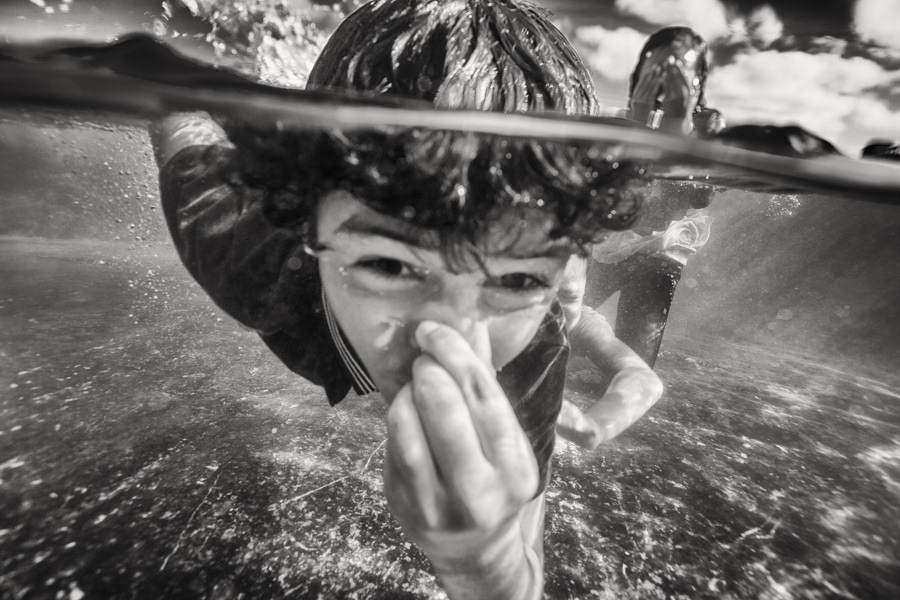
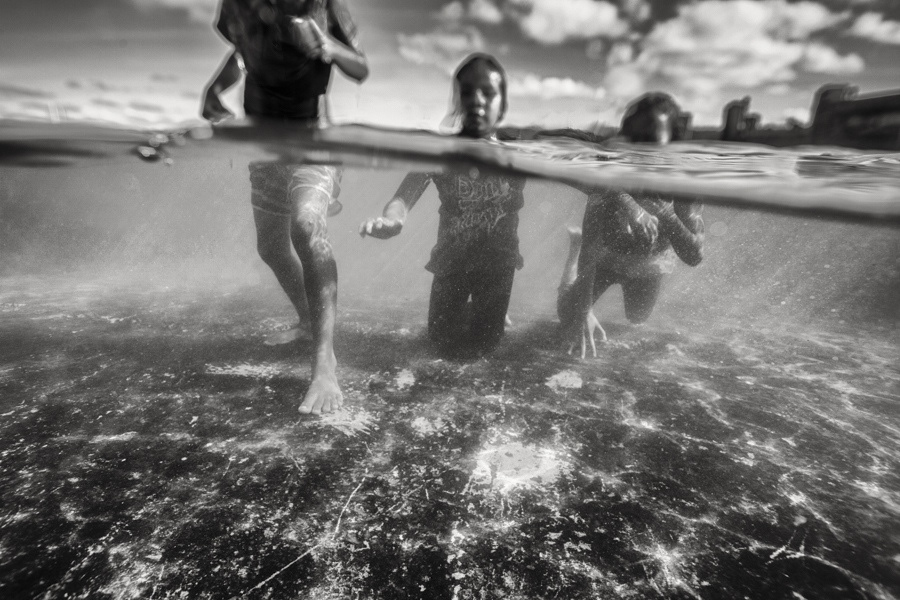
The South Pacific Polynesian Kingdom of Tonga is renowned for its annual migration of Humpback Whales, as well as its breathtaking beaches and warm hospitality. However, this paradise is facing an invisible and insidious enemy - rubbish. On Sundays, the islands embrace a way of life that has been lost in many Western cultures, with families gathering for traditional roasts and children playing freely.
During our project on the migration of Humpback Whales, we took a break from capturing these magnificent creatures to focus on documenting the deep connection between young Tongan children and their oceanic environment. It was during this time that we were shocked by the overwhelming amount of underwater rubbish we encountered.
We soon discovered that poor waste management has become a significant national concern in Tonga. A recent report highlighted that solid and liquid waste is the country's most pressing environmental issue. With Tonga's 100,000 residents scattered across 36 low-lying islands out of the total 170, transporting waste is a challenging task. As a result, waste has traditionally been burned, buried in backyards, or dumped in mangrove areas.
In Neiafu, the main town of Vava'u, we connected with the local chapter of Cleanuptheworld.org, an Australian organization dedicated to environmental cleanup. They graciously explained the reasons behind the presence of so much rubbish in this otherwise idyllic island nation. Their educational programs are instrumental in shifting attitudes towards waste among the younger generation of Tongans.
The images we captured were taken over two weekends in Neiafu on the main island of the Vava'u Archipelago, as well as on the small island of Ofu, where we were taken on a boat excursion by the uncle of one of the children featured in these photographs.